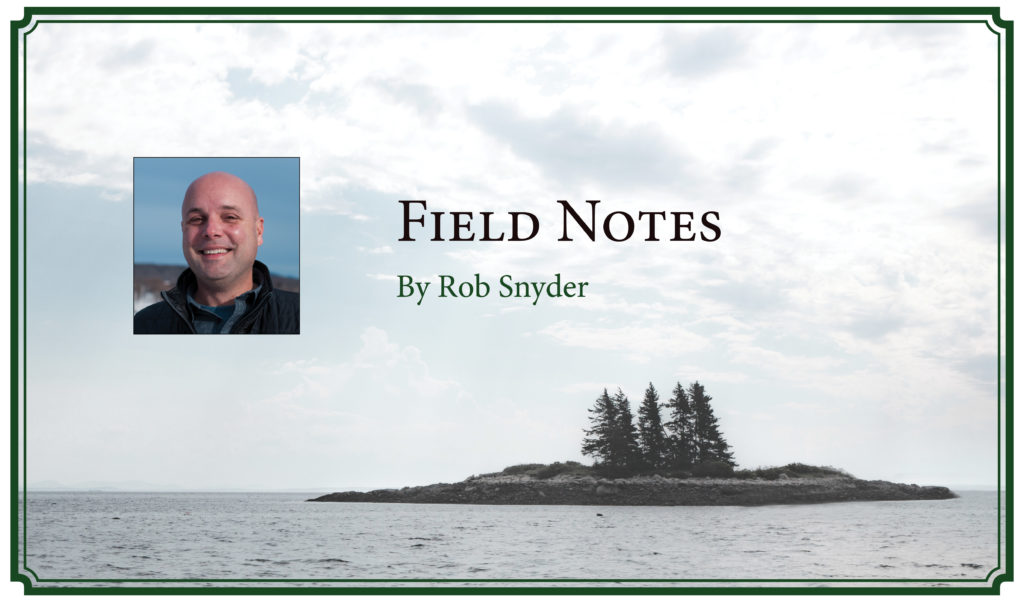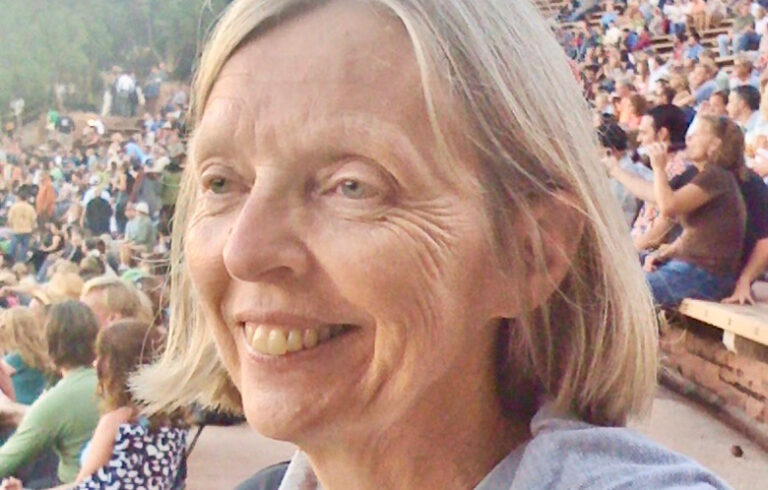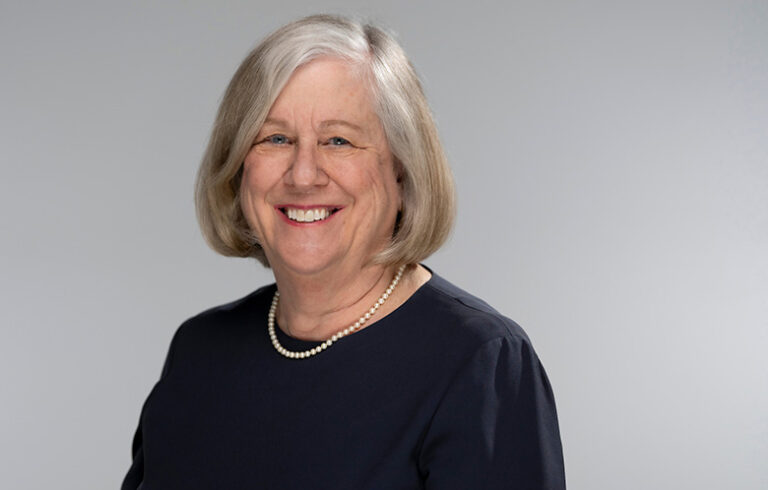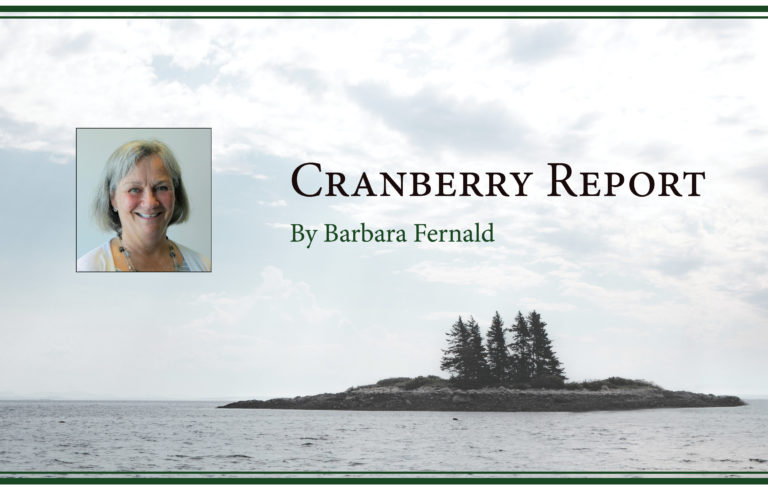The Maine coast is changing with the seasons. Winter is approaching, the summer community has left, and as columnist Barb Fernald noted, we are “reclining” in to the long winter. According to the Island Institute’s new Waypoints: Livelihoods publication, during this time of year on the islands, communities experience a drop in population from a summer high of roughly 14,000 down to a “year-round community” population of 5,000.
As significant as seasonal changes can be, they are the least of our challenges. Coastal communities are constantly forced to address change from within, such as the tightening workforce, shrinking affordable housing options, the opioid crisis, meeting the needs of the elderly, and threats to transportation system funding.
Other threats come from well beyond the state or community. What will the bait shortage bring to the smaller outpost lobstering communities next summer? How many cruise ships will we have next year and what will this mean for the rest of our tourism industry? The endangered North Atlantic Right Whale continues to reshape our coastal economy. And the ocean is warming and becoming more acidic.
We live in a time of increasingly extreme changes. The Island Institute partners with Maine’s island and coastal communities so they can become more resilient to these increasingly unpredictable changes.
The Island Institute took an important step toward clarifying this role when our board voted recently to adopt a specific approach to our work. We clarified that of all the types of work we could be doing along the coast, we will focus on community development. However, even community development is a broad category, so the board and staff defined community development.
The Island Institute is committed to building trust and relationships with community partners where we work. Through these relationships, we work collaboratively with communities to address priorities to build more resilient places to live, work, and raise families.
The next step was to clarify our approach to partnering with communities where we work. We clarified that the role of the Island Institute is to listen and respond to changing community needs and partner with communities so they become stronger and more resilient to change. This is now reflected in a formal lifecycle for all of our work with Maine’s island and coastal communities.
We will:
- Work with community partners to better understand a community need by gathering information and assessing available resources. This will result in a better understanding of the specific need and the best way to address the need.
- Design appropriate projects that will address community needs or redesign existing projects to meet new needs.
- Implement and monitor the progress of a project through continued communication with staff, community members, and other stakeholders.
- Collaboratively assess quantitative and qualitative community impacts and project sustainability on an annual basis. Island Institute staff, community partners, and other stakeholders will convene to review project evaluation and impacts to learn from our experiences and determine project next steps.
- The process of continuing, re-designing, or ending Island Institute’s involvement in a shared project. Whether continuing, or ending our involvement, we will do so with a carefully planned approach that involves good communication between staff, board members, and community partners.
This may seem very straightforward, and I hope it is. This process clarifies a level of organizational accountability to communities. It also creates clarity of process internally when we start, change, or stop a project.
We will continue to change our priorities as community needs change. We always have, and we always will. We will evolve our work based on input from communities and based on anticipated future challenges. This process will now underlie all of our work.
We at the Institute hope that by clarifying this approach to working with communities we will become a more effective partner, and that this will, in turn, continue to strengthen the relationships and trust that are the ultimate source of strength along the Maine coast.
Rob Snyder is president of the Island Institute, publisher ofThe Working Waterfront. Follow Rob on Twitter @ProOutsider.





